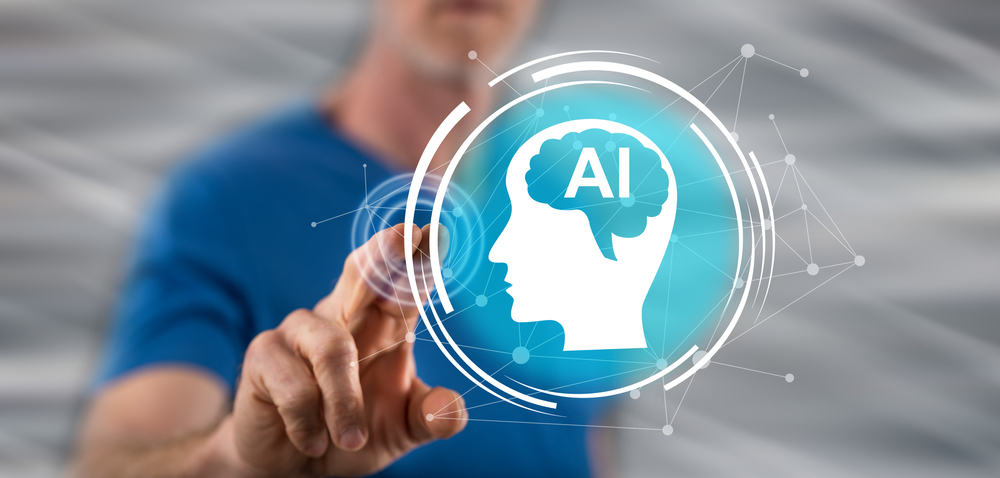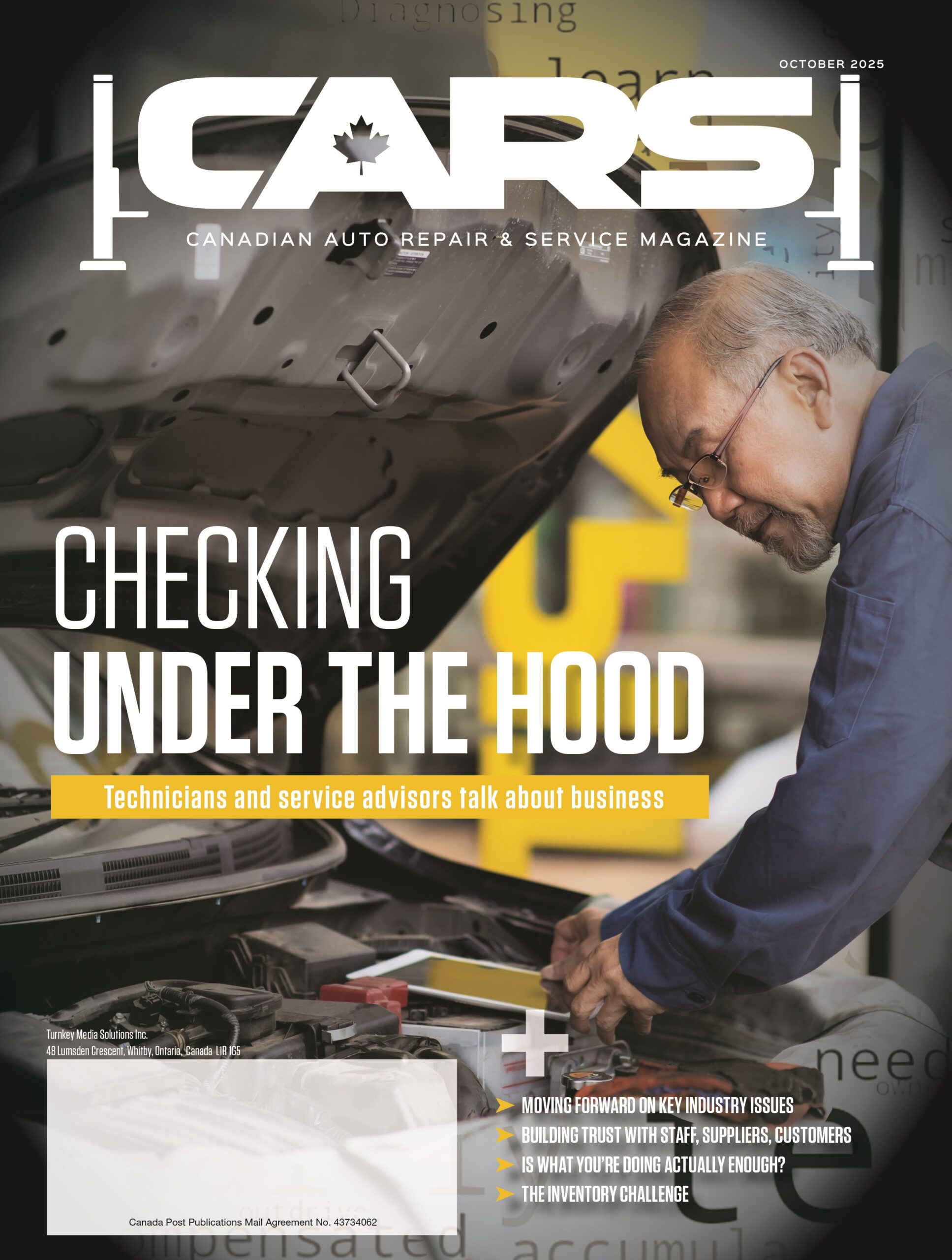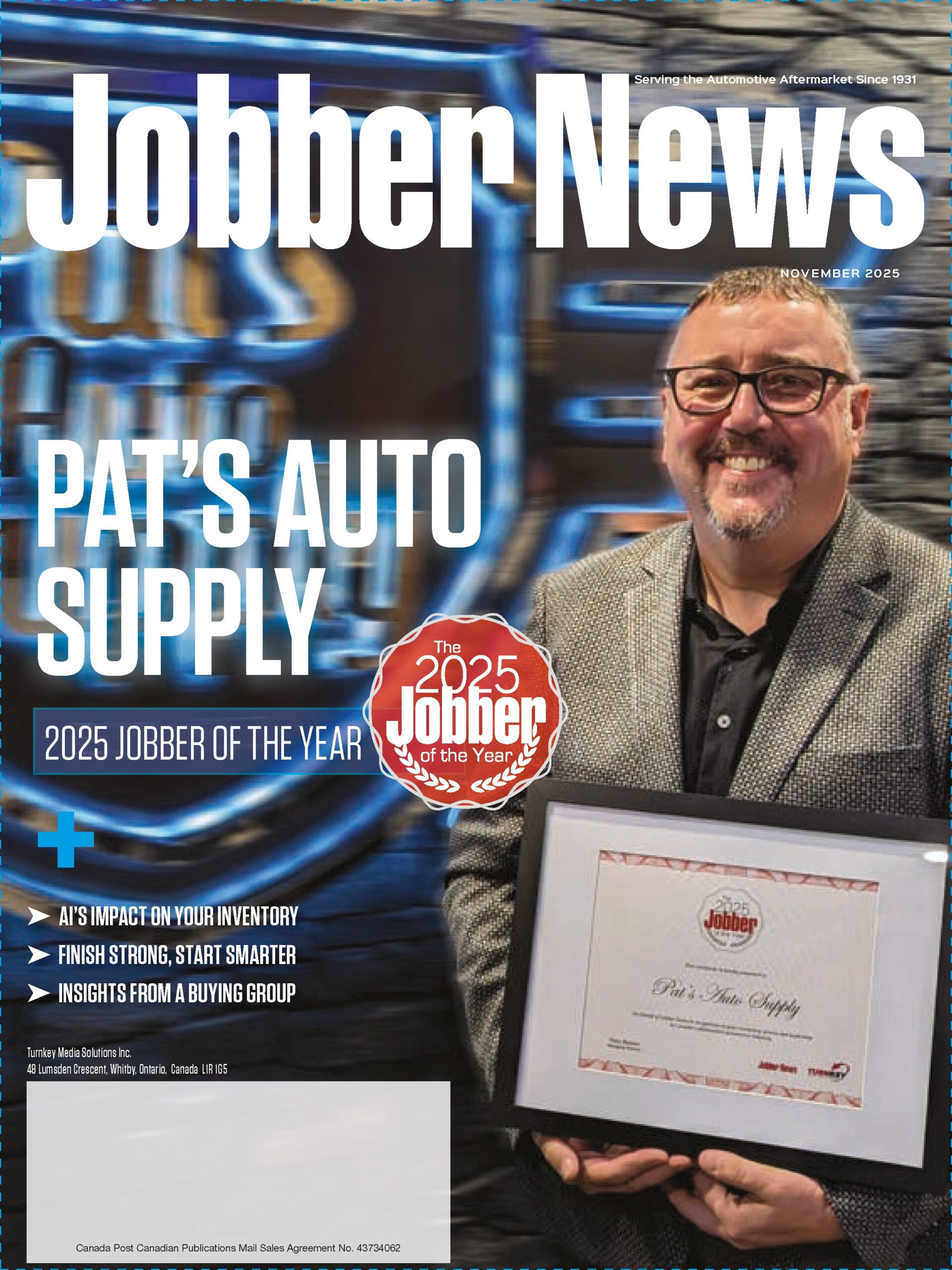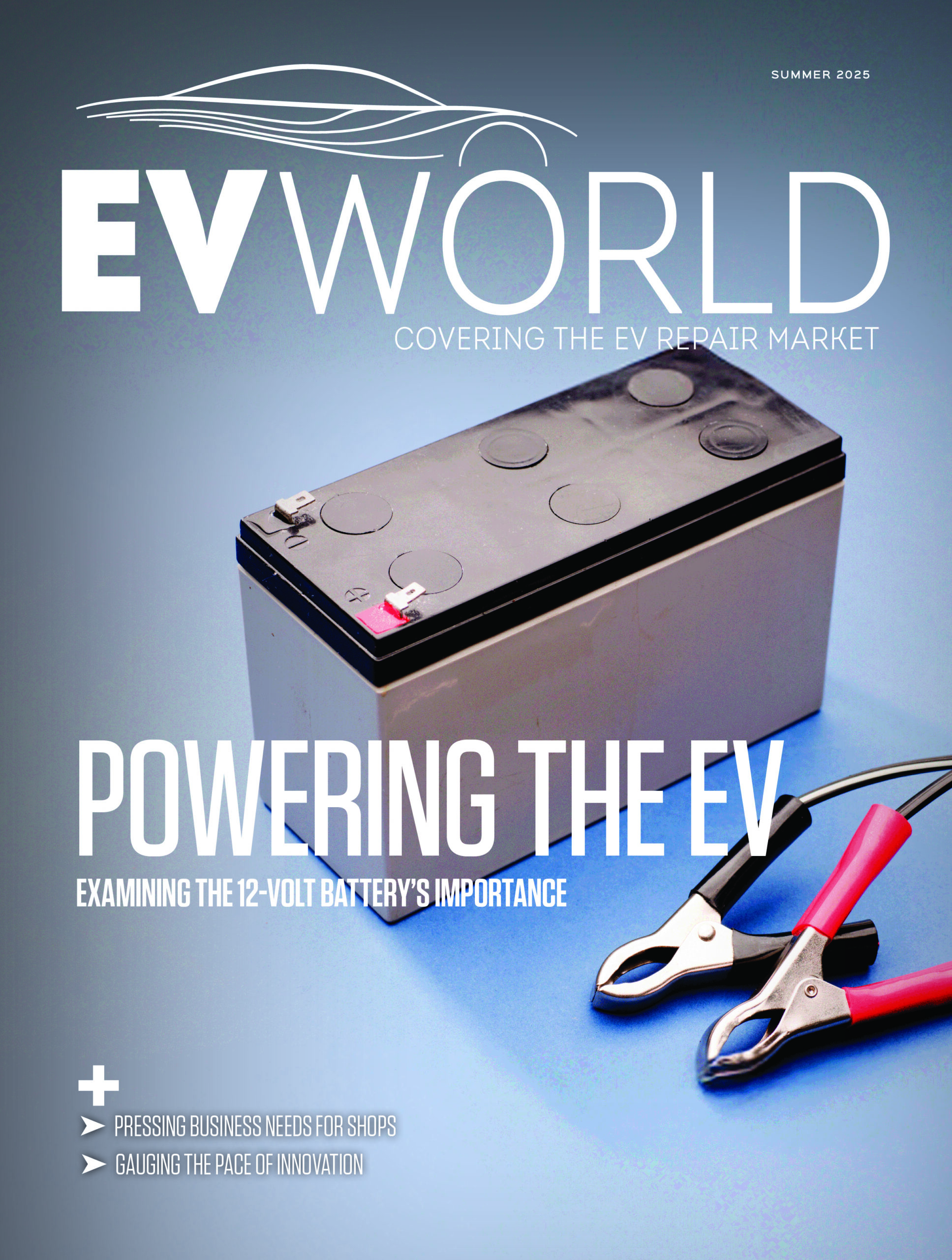
The automotive aftermarket is grappling with how to use artificial intelligence effectively. But as one industry observer pointed out, its best success is when it’s teamed up with a human.
And vice versa — humans can be more effective when using AI as a helping hand.
But in the aftermarket where there’s so much expertise required, a human worker can’t be eliminated, explained Amir Kolton, managing director and partner at Boston Consulting Group. But AI can help them with large tasks.
“Harnessing the power of AI is going to be extremely valuable to businesses, but we need to make sure that we evaluate our partners in the right way,” he said during the recent MEMA Aftermarket Suppliers Technology Conference. “Not all partners are equal in many senses.”
So while many of today’s business realities in the aftermarket will stay the same, there’s much that requires deeper expertise to grow.
“This is not going to replace the places where a lot of judgment is needed and a lot of expertise, but it will definitely help us manage, at scale, a lot of the business,” Kolton explained during the conference which was forced to be virtual after hurricanes halted the in-person event.
He pointed to the immense number of SKUs that need managing. “Or maybe a more detailed or granular understanding of our markets and demand,” he noted as another example.
“But that’s not to say that we’re going to replace the expertise. So we do see a world of humans being augmented with machine.”
Those who are successful in the aftermarket are the ones who can obtain, parse and utilize all the data in the aftermarket.
“Data and the data availability and granularity is going to be a game changer,” Kolton said. “And the party that is going to have good data, granular data — a lot of it, a lot of historic [data] — is going to get better results from these technologies.
“And so I think regardless or not if you’re investing in this today, knowing that — even if not today, in a few years — data is going to power this whole thing.”
Success comes from good data, he reiterated. And so he urged the aftermarket to get moving on collecting data. “It’s never too early to start working on the fundamentals that will allow you to go deep into AI in the future,” he said.
So for those concerns that AI will replace humans, that’s not going to happen as far as Kolton is concerned. The power of AI lies in the combination of it and humans.
“The machine is more efficient and it does things quickly and with enhanced diligence,” he explained. “But when it comes to managing complexity and when it comes to understanding the specific markets and so on, the value comes from the human.”
So Kolton will always preach that the machine can augment or enhance the human and bring better outcomes.
“And that’s exactly what we see out there in the market. The companies that are augmenting their team members with machine or with analytics are getting better results,” he said.
Image credit: Depositphotos.com













Leave a Reply